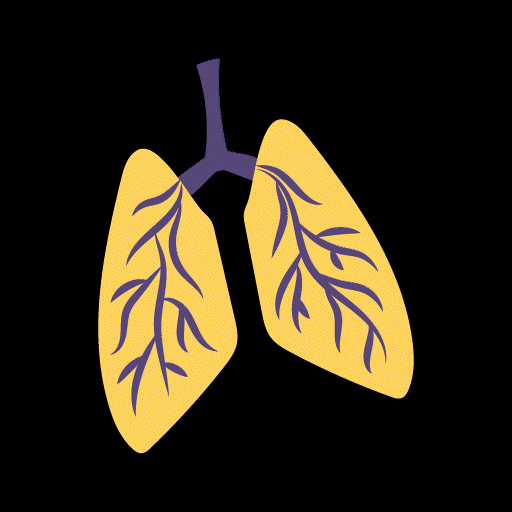What Happens When You Vape?
Most vapes contain a highly addictive substance called nicotine, a chemical found in a most all tobacco products.

- It’s like when the end of an electrical cord gets bent and the plug can no longer fit into the outlet. If the connection cannot be completed, electricity will not run through the cord.
- If these connections are disrupted in our brains, this affects a person’s ability to learn and memorize new things.
Connections have been made between quitting vaping and improvements in mental health or a decrease in these symptoms. (4)
In a September 2021 report, Truth Initiative described that: (6)
- People who quit vaping felt less stressed, anxious, or depressed.
- Almost half of people who took the survey felt more in control of themselves after quitting.
- Most people who were currently vaping believed they would feel better about themselves if they quit.


- Continue to vape when their lungs do not function at 100%
- Repeatedly touch their hands to their mouths to vape
- Share their vapes with others
Some studies have found linkages between vaping and sleep deprivation. (10)
Even breathing in clouds of exhaled vapor could expose you to the dangerous chemicals present in vape juices.
The World Health Organization (WHO) recommends that vapes and other electronic smoking devices should not be used indoors to reduce the chances of others breathing in second-hand vapors.
There are documented cases in which vapes have started fires and exploded in homes, sometimes causing serious injuries to others.
How does vaping damage your lungs?
Does vaping affect the chances of young people contracting COVID-19?
New research published by Stanford University has revealed that teens and young adults who have vaped could be up to five times more likely to test positive for COVID-19 when compared to others who do not vape. (9)
Is vaping a good way to deal with stress or anxiety?
This is a common misconception. In reality, vaping can actually increase feelings of anxiety, stress, and depression. (4)
What types of chemicals are found in vape juice?
Diacetyl – This chemical has been linked to several serious lung diseases.
Benzene – This contaminant can also be found in car exhaust.
Heavy metals like tin, nickel, and lead. (3)
I find it hard to sleep at night. Will vaping help me with this issue?
Several studies have found that people who have vape are more likely to report sleep deprivation vs. people who have never vaped. (10)
Why is nicotine bad for young people?
● Nicotine can hurt our ability to remember new skills or past memories. (1)
● Young people often see an increase in negative mental health symptoms when exposed to nicotine.

Sources
2. E-Cigarette Use Among Youth and Young Adults: A Report of the Surgeon General. U.S. Surgeon General. 2016
3. Know the Risks. U.S. Surgeon General. 2022
4. Many young people turn to nicotine to deal with stress, anxiety and depression, but don’t know it may be making them feel worse. Truth Initiative. 2021
5. Handling Nicotine Withdrawal and Triggers When You Decide To Quit Tobacco. National Cancer Institute. 2022
6. Colliding Crises: Youth Mental Health and Nicotine Use. Truth Initiative. 2021
7. E-Cigarette Health Effects. Truth Initiative. 2021
8. What Does Vaping Do to Your Lungs. John Hopkins Medicine. 2022
9. Association Between Youth Smoking, Electronic Cigarette Use, and COVID-19. Journal of Adolescent Health. 2020
10. E-Cigarette Use Linked with Sleep Deprivation in Young Adults. The American Journal of Managed Care. 2020
11. Electronic Smoking Devices and Secondhand Aerosol. American Nonsmokers’ Rights Foundation. 2022
12. Secondhand nicotine vaping at home and respiratory symptoms in young adults. BMJ Journals. 2022




